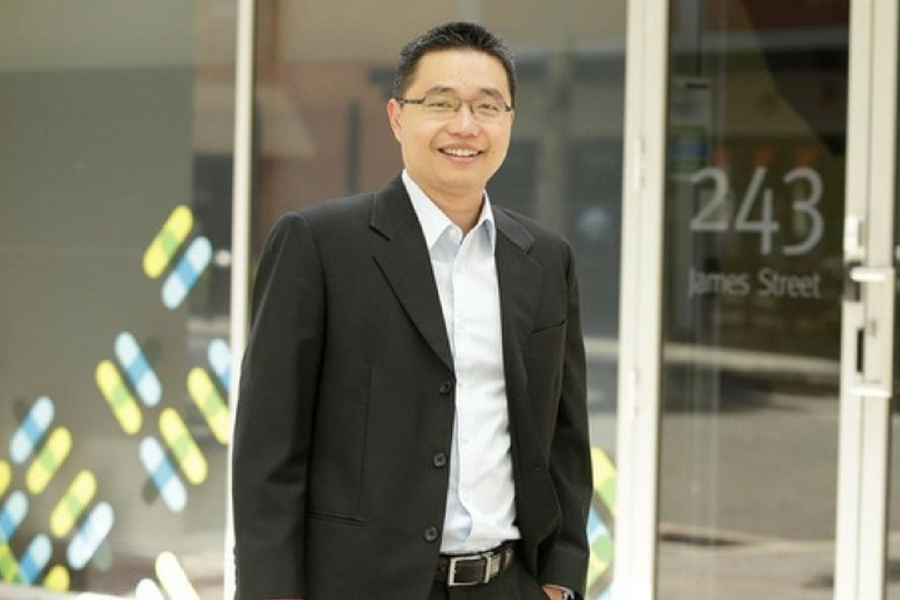Having come under fire just a few weeks ago for editing patient reviews of health professionals on its platform, healthtech startup HealthEngine is again in the spotlight, with the ABC reporting it shared user data with law firms seeking clients for personal injury claims.
The ABC reported it had obtained documents from law firm Slater and Gordon showing the startup, which counts Sequoia India, Telstra Ventures, and Seven West Media as investors, was sending the firm a list of prospective clients, based on their personal medical information, daily.
According to the ABC, the process was part of a “referral partnership pilot”. Through it, HealthEngine sent the details of around 200 users a month, on average, to Slater and Gordon between March and August 2017.
The ABC stated that while the startup’s privacy policy doesn’t mention the sharing of information with third parties for marketing purposes, a ‘collection statement’ that users must accept to make bookings states that information may be shared.
Dr Marcus Tan, founder and CEO of the startup, responded to the report yesterday, explaining in a statement that HealthEngine “does not provide any personal information to third parties without the express consent of the affected user or in those circumstances described in our privacy policy”.
He also refuted the claim that users must agree to sharing information in order to make a booking, stating that consent to referrals is obtained “through a simple pop-up form as part of the booking process or provided verbally to a HealthEngine consultant”.
“Consent to these referrals is entirely voluntary and opt-in, and we do not provide any personal information for the purposes of a referral without this consent,” Dr Tan stated.
According to Dr Tan, the startup previously provided referrals to law firms “only with the express consent of the user”, however stated HealthEngine does not currently have referral arrangements in place with marketing agencies or law firms.
“Our referral partnerships remain constantly under review to ensure patient feedback is taken on board and patients are getting access to the services they request,” he said.
The ABC investigation follows a Fairfax report published earlier this month that found 53 percent of the 47,900 ‘positive’ patient reviews on the HealthEngine platform had been edited in some way, with many ‘tepid’ or negative reviews becoming positive.
Industry organisations have responded to the news, warning consumers to be wary of the services they use.
Dr Hugo Sachs, president of the Australian Dental Association, said, “The reality of the world of apps and online services is that the array of terms and conditions of use and so on are not easy to read. Understandably, the vast majority of users just accept them, but do not know the full implications of how their personal data is used.
“This is not the fault of the consumer. The ADA believes that the onus should not be on consumers to trawl through such fine print when accessing online services. Informed consent is a key principle in healthcare and should extend to online services seeking to link consumers to healthcare providers. Consumers’ health information is particularly sensitive.”
Image: Dr Marcus Tan.




















Trending
Daily startup news and insights, delivered to your inbox.